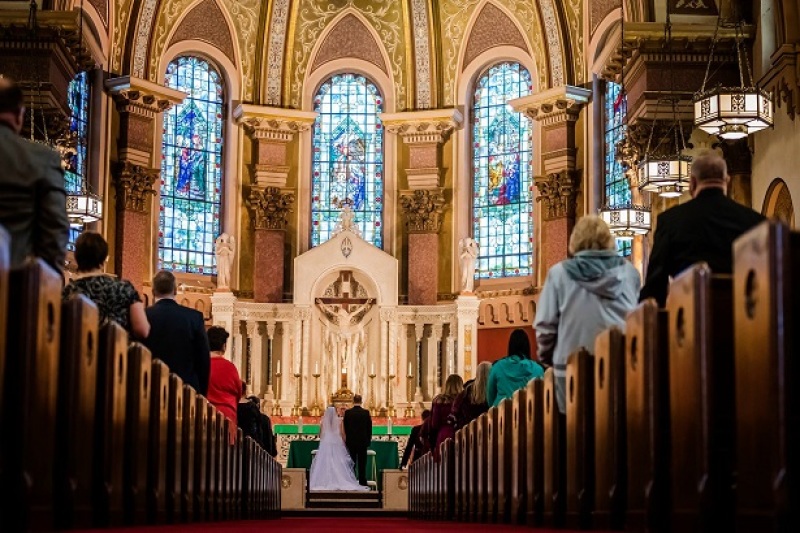
A federal appeals court from Chicago protected churches' freedom to make employment decisions in a new ruling.
According to the Baptist Press, the Seventh Circuit Court of Appeals in Chicago has ruled on Friday in a 7-3 vote that clarifies "ministerial exception" to include the supervision of ministers during their employment besides encompassing the hiring and firing of religious organizations.
Baptist Press said the court's decision has overturned an August decision of the Seventh Circuit panel that favored the termination of a music director from a Catholic church.
"The First Amendment ministerial exception protects a religious organization's employment relationship with its ministers, from hiring to firing and the supervising in between," the Seventh Circuit Court said in its opinion.
"(The) hostile work environment claims based on interaction between ministers would undermine this constitutionally protected relationship (and) result in civil intrusion upon, and excessive entanglement with, the religious realm," it continued.
The Baptist Press added that the Southern Baptist Ethics & Religious Liberty Commission, together with other faith-based organizations, filed a friend-of-the-court brief in October 2020 in line with the case of Sandor Demkovich, who was the music director of the St. Andrew the Apostle Parish in Calumet City, Illinois until 2014.
Demkovich, who had been in a same-sex relationship for more than a decade, was overweight and had diabetes and an array of physical conditions known as metabolic syndrome. He alleged Jacek Dada, the church's pastor and Demkovich's supervisor, "discriminated against him based largely on his sexual orientation and his physical condition," according to the opinion.
When Demkovich married his long-time partner, Dada called for the music director's resignation because the union violated Catholic doctrine. When he refused to resign, the supervisor fired him.
Demkovich, who has been working in the church since 2012, filed a lawsuit against St. Andrews Parish and the Archdiocese of Chicago on claims of having a "hostile work environment" where he suffered "discrimination" on the basis of his health problems--diabetes and obesity--and "sexual orientation." Specifically, Demkovich said his supervisor and the Parish's Pastor Jacek Dada "discriminated against him based largely on his sexual orientation and his physical condition."
Demkovich was asked to resign from his post when he married his "long-time male partner" since it is contradictory to Catholic doctrine. But Demkovich refused to resign and was fired instead by Dada.
The ERLC petitioned the Seventh Circuit Court for a review of the case since the court's three-panel judged in its earlier decision "mandates extraordinary secular interference with core ecclesiastical judgments."
In their petition, the ERLC pointed out that the three-panel judge had a "cramped conception of the ministerial exception," which was then "expressly rejected" by the Supreme Court. "Ministerial exception" applies to certain employees whose "job entails exemplifying their faith and performing core religious duties."
"Judicial scrutiny of the employment relationship between a religious group and its ministers inevitably invites unconstitutional interference with religious groups' self-governance, no matter what kind of employment claim is involved," the ERLC said.
ERLC Policy Director Chelsea Sobolik, in addition, pointed out in a statement that government authorities can not exert influence in "church affairs" due to the "separation of church and state" and to religious freedom.
"Church affairs are no place for secular governing authorities to exert influence. The brief we filed in this case strongly asserted this principle, and we are pleased the Seventh Circuit agreed with our perspective," Sobolik said.
"This is a decision that religious freedom advocates, like Baptists, can celebrate," she added. "(It) is imperative that courts continue to affirm the ministerial exception because, to do otherwise, would render the separation of church and state meaningless."
























